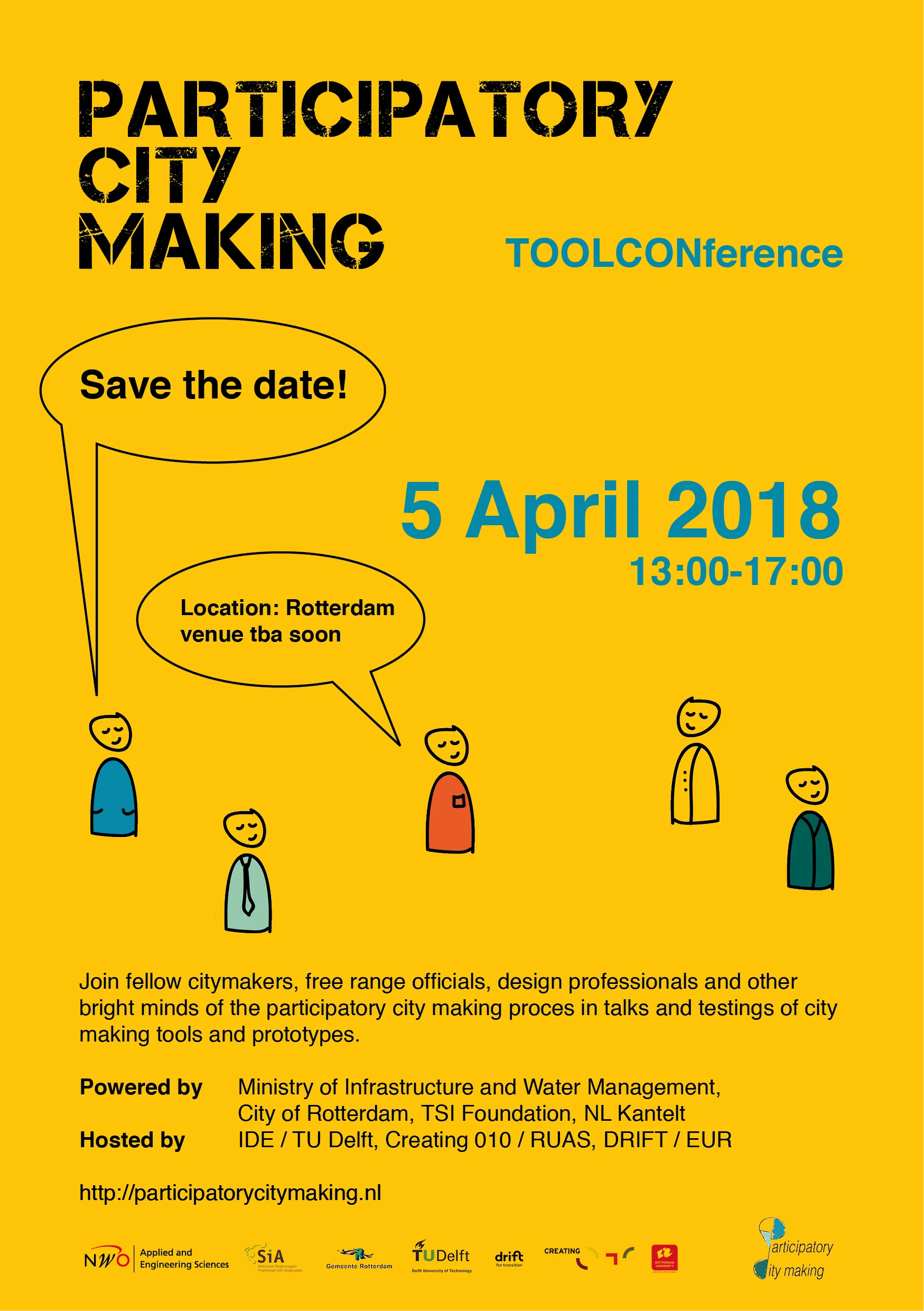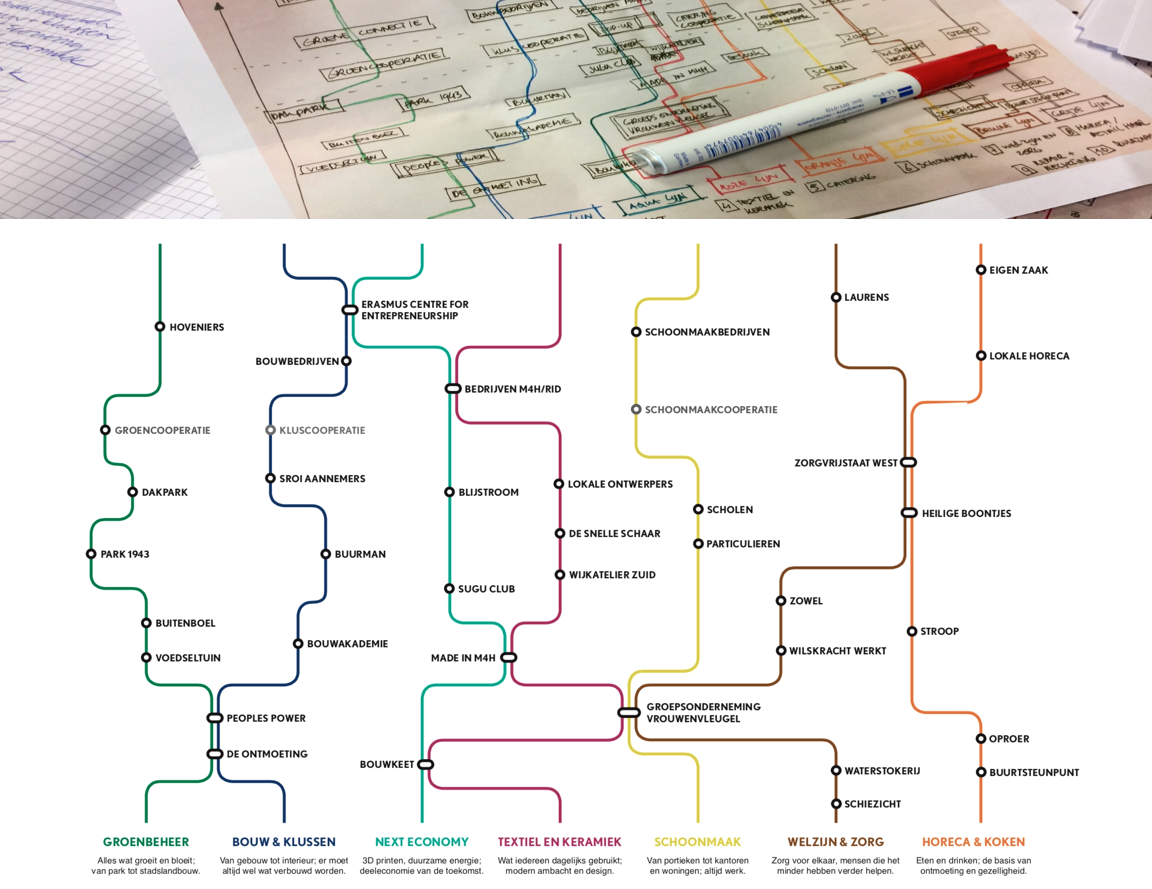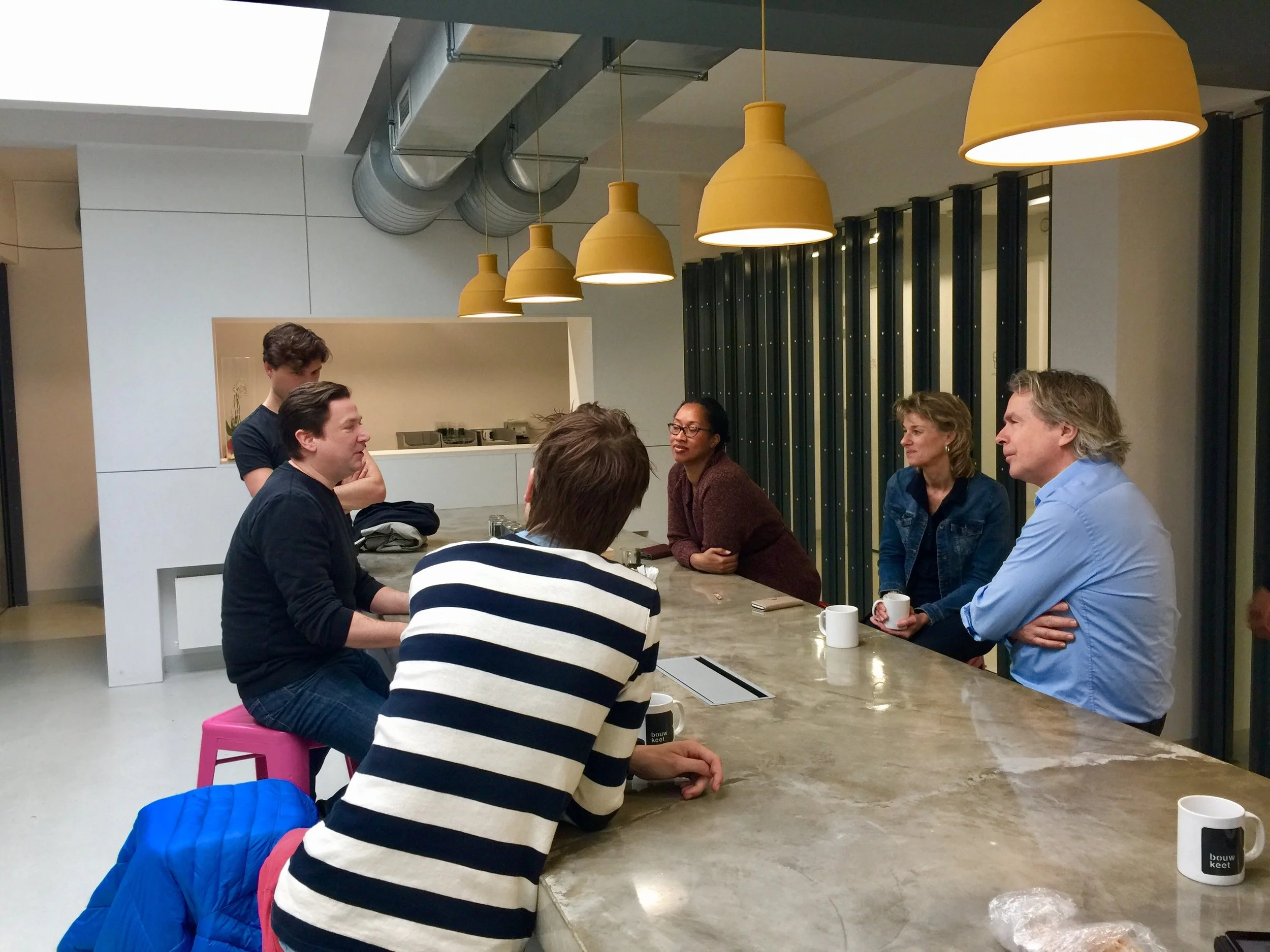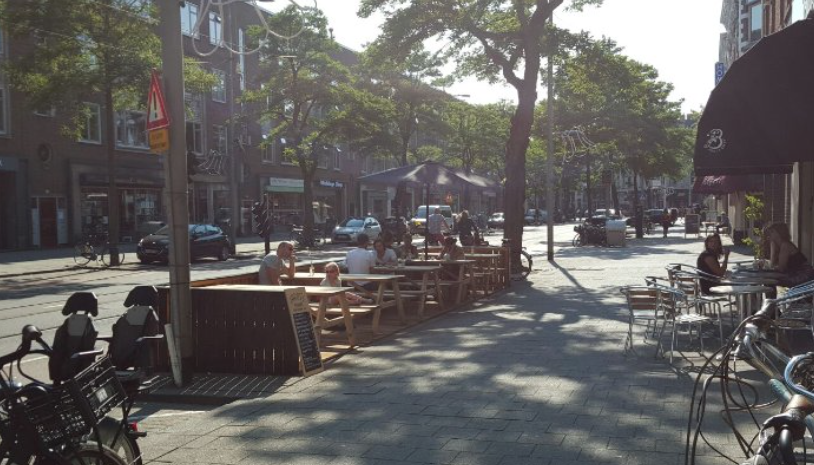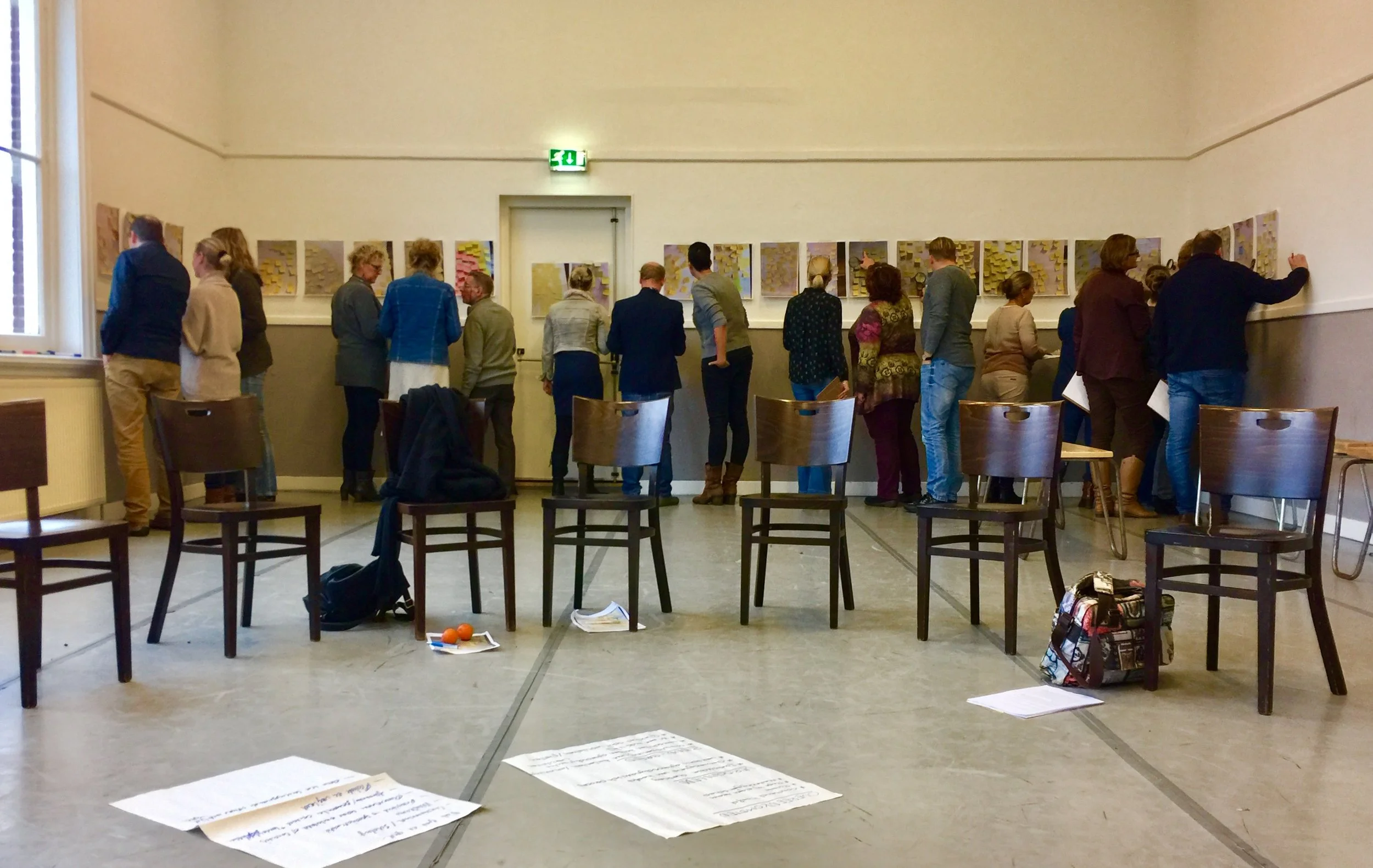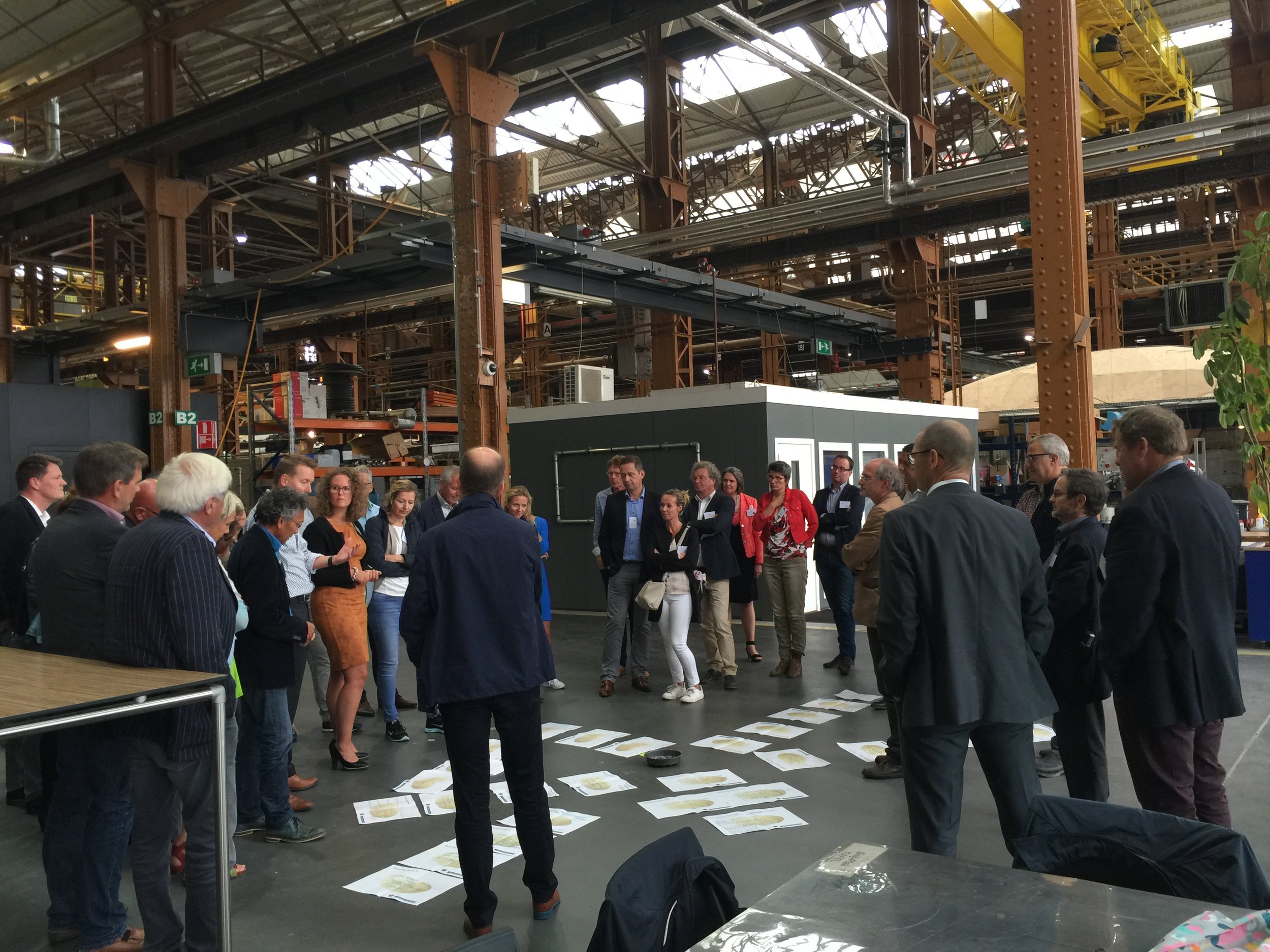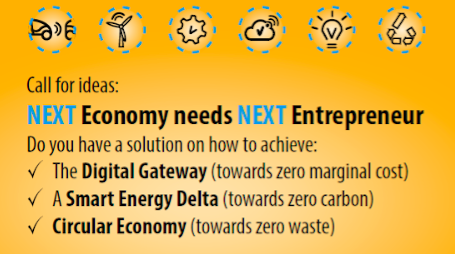Het M4H-gebied in Rotterdam West en het omliggende woongebied ontpopt zich meer en meer tot een voorlopergebied, waarin ondernemers, bewoners en overheid samen bouwen aan een sterke lokale economie en een betere kwaliteit van leven.
West Practice staat voor de transformatie van het gebied in een inclusief ecosysteem dat voorbereid is op de uitdagingen en kansen rond Next Economy, Next Society, Next Education, Next Generation Woonwijken en het Resilience Programma van de stad. West Practice borgt de economische en sociale inclusiviteit van het gebied. West Practice heeft bovendien een katalyserende werking in de verdere positionering van het Rotterdam Innovation District.
De impact is groot gezien de genoemde thema’s, de ambitie en de potentie in relatie tot de huidige situatie. West Practice: een bijzondere kansenzone in ‘the making’.
Rotterdam Innovation District - West Practice area
The Rotterdam Innovation Districts covers the Merwe Vierhaven (M4H) and RDM districts, home to (amongst others) the Rotterdam Science Tower and RDM Rotterdam. This district used to be the biggest port of call for fruit exports and imports, and is now the new breeding ground for innovative and creative entrepreneurship. Daan Roosegaarde, inventor and artist of the year 2016, has for instance made the move to this area. Erasmus University Rotterdam and Erasmus MC are also strongly represented here, with a medical incubator and the campus of the Erasmus Centre for Entrepreneurship where 64 rapidly growing companies are located.
Rotterdam Science Tower
Rotterdam Science Tower is a multi-company building on the edge of the city centre: a unique mixture of lab space, offices and facilities for laboratory education. The Rotterdam Science Tower also organizes events, offering interested parties the opportunity to benefit from each other’s expertise and experience. The programme includes events like the ECE Congress, European Business Plan of the Year, social drinks and pitch nights. Science, education and entrepreneurship all come together in the Rotterdam Science Tower.
Erasmus Centre for Entrepreneurship ECE is the largest expertise centre in entrepreneurship in Europe and has more than 4,000 people joining its programmes every year. Driven by the conviction that entrepreneurship is the primary condition for realising progress, the Erasmus Centre for Entrepreneurship (ECE) offers a learning environment where companies become better at entrepreneurship by gaining new insights and turning ideas into innova- tions. ECE supports start-ups, SMEs, as well as corporates in this process through a combination of a strong academic background and a community filled with experienced entrepreneurs.
The ECE Campus is the place where new ideas are created, then translated into innovation. It’s an ideal learning environment, a relaxed place to work alongside other talented people. The ECE Campus offers office space, meeting and event rooms, and a range of services and packages that make §work a little bit easier and a lot more enjoyable.
ECE Get Started Programme
One of the ECE programmes is the Get Started Programme: an intense 10-week start-up programme that helps ambitious entrepreneurs grow their early stage business through mentoring, workshops and a great network of fellow entrepreneurs. Participants receive coaching from experts and experienced entrepreneurs, access to curated tools and insights on starting a start-up, their own workplace at the ECE Campus, and membership in the ECE Community.
Rotterdam 100
The Rotterdam 100 is a competition in which 100 talents work with institutions and companies like ABN AMRO, CGI,
Port of Rotterdam and the City of Rotter- dam and more. The programme aims at creating and implementing innovative solutions for the Rotterdam business ecosystem. Rotterdam 100 helps develop entrepreneurial skills, cross-sector insights, career opportunities and a valuable network. Rotterdam 100 is open to Dutch and international students and young professionals from research-oriented universities and universities of applied sciences. The full programme includes pitch days, battles and a final, after which one team is crowned as ‘Rotterdam Most Excellent’, receiving a Letter of Recommendation from Mayor Aboutaleb and winning an all-inclusive trip to join an international pitch competition.
Erasmus MC (Life Science) Incubator The Erasmus MC (Life Science) Incubator combines office and lab space outside Erasmus MC premises. In the Incubator, starting companies get the opportunity to develop rapidly in a business friendly environment, while being supported in multiple ways to maximise the chances of success. The Erasmus MC Incubator pursues these goals by offering entrepreneurs advice, coaching, training, access to professional networks, a docu- mentation centre, easy financing, and laboratory and office space. The incubator is located in the Rotterdam Science Tower.
LabHotel
The LabHotel in the Rotterdam Science Tower offers researchers the option of hiring a fully equipped laboratory with-out being tied to a rental contract specific permits are provided. This makes small-scale, innovative research on topics like medicines or medical aids more affordable and more accessible.
SuGu Club
SuGu Club (SuGu: Start-Up & Grown-Up) develops and manufactures products and services for new markets to acceler- ate the transition to the next economy. SuGu Club does this by creating a next economy cluster of companies with various competencies in one space with focus on bio-based and recycled plastics, advanced manufacturing and circular design. SuGu Club accelerates the development of start-ups, scale-ups and grown-ups, focusing on the bio-based and creative industries in and around Rotterdam and aiming to facilitate and boost collaboration and entrepreneurship. SuGu Club is the place where drive, knowledge and know-how meet, where start-ups work together with corporates, finding inspi- ration and growth.
RDM Centre of Expertise
RDM Centre of Expertise (RDM CoE) is the innovation engine for port and city. Within RDM CoE, educational institutions, research centres and businesses work together on improving technical education, new knowledge and sustainable innovations that are needed for the port and city of Rotterdam. This cooperation takes place in Communities of Practice within four domains: Maritime & Smart Port Industry; Logistics & Future Mobility; Energy & Process Technology; Sustainable Construction & Area Develop- ment. RDM CoE is a centre of expertise of Rotterdam University of Applied Sciences, recognized and supported by the Dutch Ministry of Education, Culture and Science. It is being developed in a public-private partnership with the Port of Rotterdam Authority and business partners at the campus of RDM Rotterdam, right in the centre of the port.
RDM Rotterdam
RDM Rotterdam is the innovation showcase of the Rotterdam port area-located in the Rotterdam Innovation District - where technology and applied science are visualised in attractive ways. RDM accommodates businesses, education and research. Together they shape the new manufacturing industry for a smart port and a smart city. A variety of business and cultural events complements these efforts, making for a dynamic and energetic RDM – a place you must see! RDM Rotterdam is an initiative of the Port of Rotterdam Authority and Rotterdam Uni- versity of Applied Sciences. Programmes and facilities of RDM Rotterdam include:
RDM Makerspace
RDM Makerspace gives makers and developers access to machines,
workspace, courses & networks to turn their idea into a real prototype. RDM Makerspace focuses on digital fabrication (laser cutters, 3D printers, CNC etc.), Internet of Things, 3D printing, robotics and drones, collaborating with partners in those fields.
IoT Academy
KPN partnered with RDM Makerspace to found the IoT Academy to generate and promote awareness of the Internet of Things. IoT Academy provides workshops, developer meet-ups and IoT challenges. There is also a special IoT lab with the newest technologies avail- able on the IoT scene.
Robotics Academy
IRS Robotics partnered with RDM Makerspace to found the Robotics Academy to generate and promote awareness of robotics. No longer relegated to the realm of rocket sci- ence, robotics is becoming more accessible for start-ups and SMEs to create new applications. Robotics Academy provides access to 3 industrial robotic arms (1 ABB, 2 Fanucs) and gives classes to operate and test new applications with these machines.
3D Printing Academy
RDM Makerspace works with 3D Printing Academy to provide workshops related to 3D modelling and 3D printing.
AquaDock
An innovative and experimental testing, demonstration and production envi- ronment for construction on water. At AquaDock, the focus is on showcasing and developing new techniques, products and prototypes. AquaDock is a collaboration of Port of Rotterdam Authority and the RDM Centre of Expertise (Rotterdam University of Applied Sciences).
iTanks
iTanks brings together knowledge institutions, businesses and industry experts and introduces them to new technology, fresh knowledge and the latest innovations. iTanks is a one-stop shop for innovation, facilitating the innovation process from concept to final product. iTanks supports the search for funding, subsidy, marketing, alternative applications, contracting and business case development. This has already resulted in several groundbreaking innovations and the iTanks track record of innovative successes keeps growing. iTanks’ expertise and services centre around:
- Bringing together an extensive net-work of asset owners, contractors, small and medium enterprises, top engineers and innovative start-ups that reaches beyond borders;
- Organising high-quality, top-level events like field trips, master classes and pitch breakfasts with the goal of introducing start-ups to relevant networks and bringing together people with innovative ideas, solutions and technologies;
- Rotterdam Investment Club: financing promising new ventures for the portrelated industry by reaching a network of active investors and generating funding from private investors, banks, governmental institutions and crowdfunding. iTanks has its own crowdfinance portal, designed to contribute financially to new ventures and innovative initiatives, giving them a kick-start.







